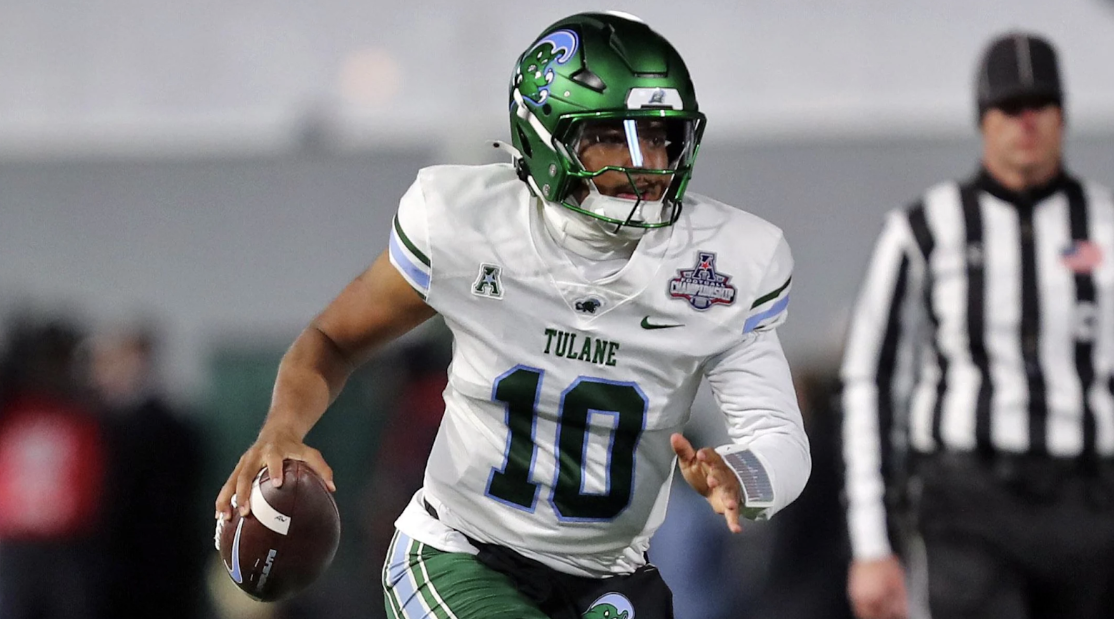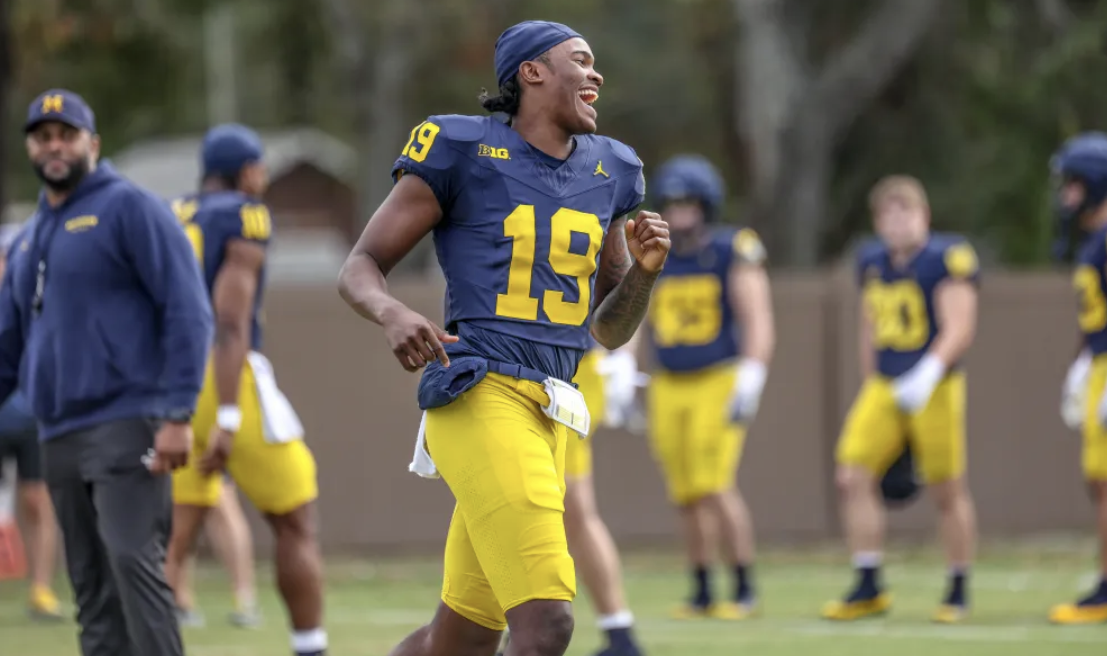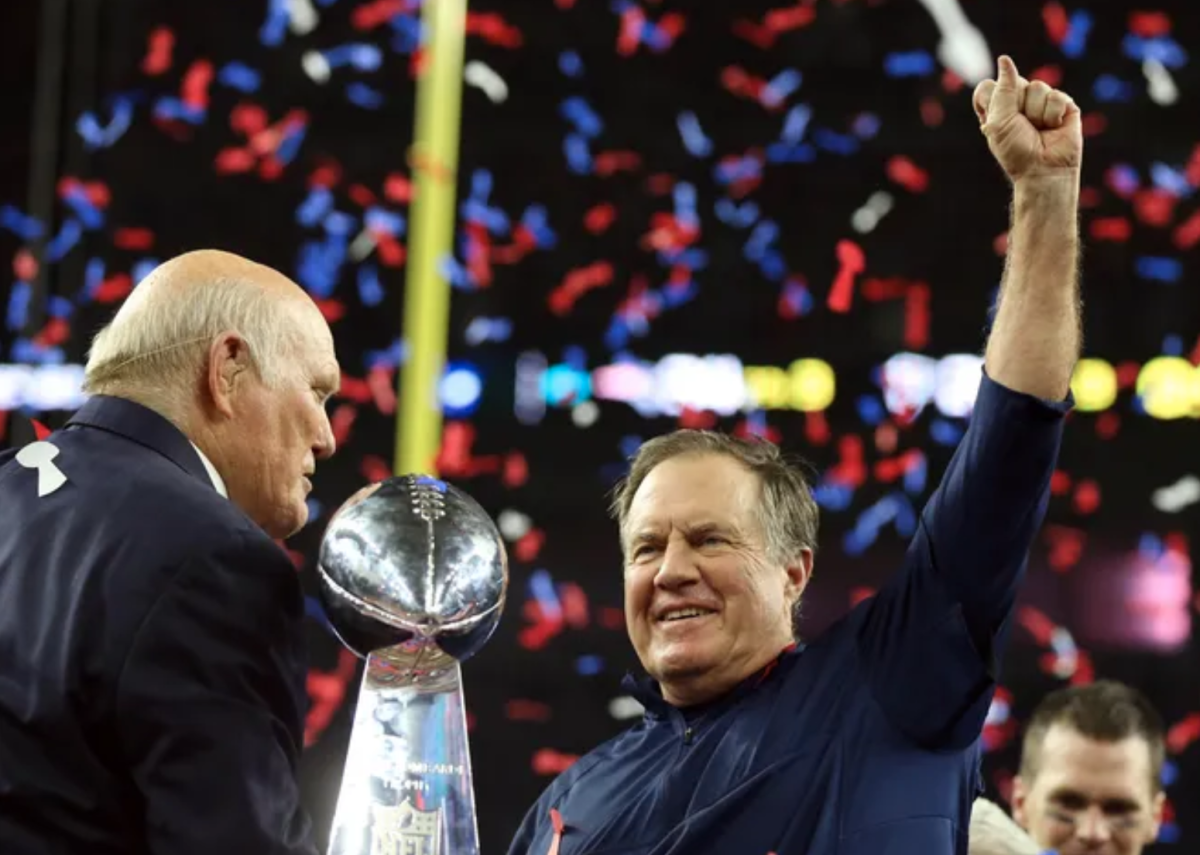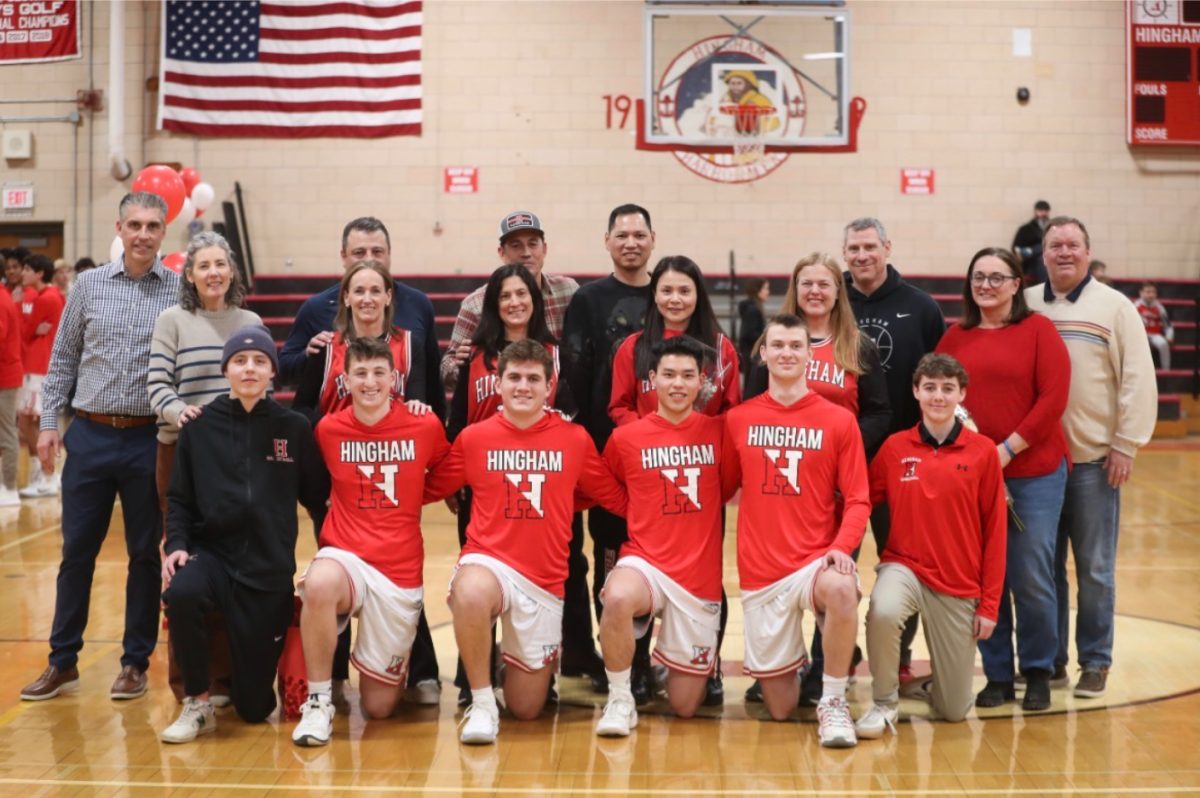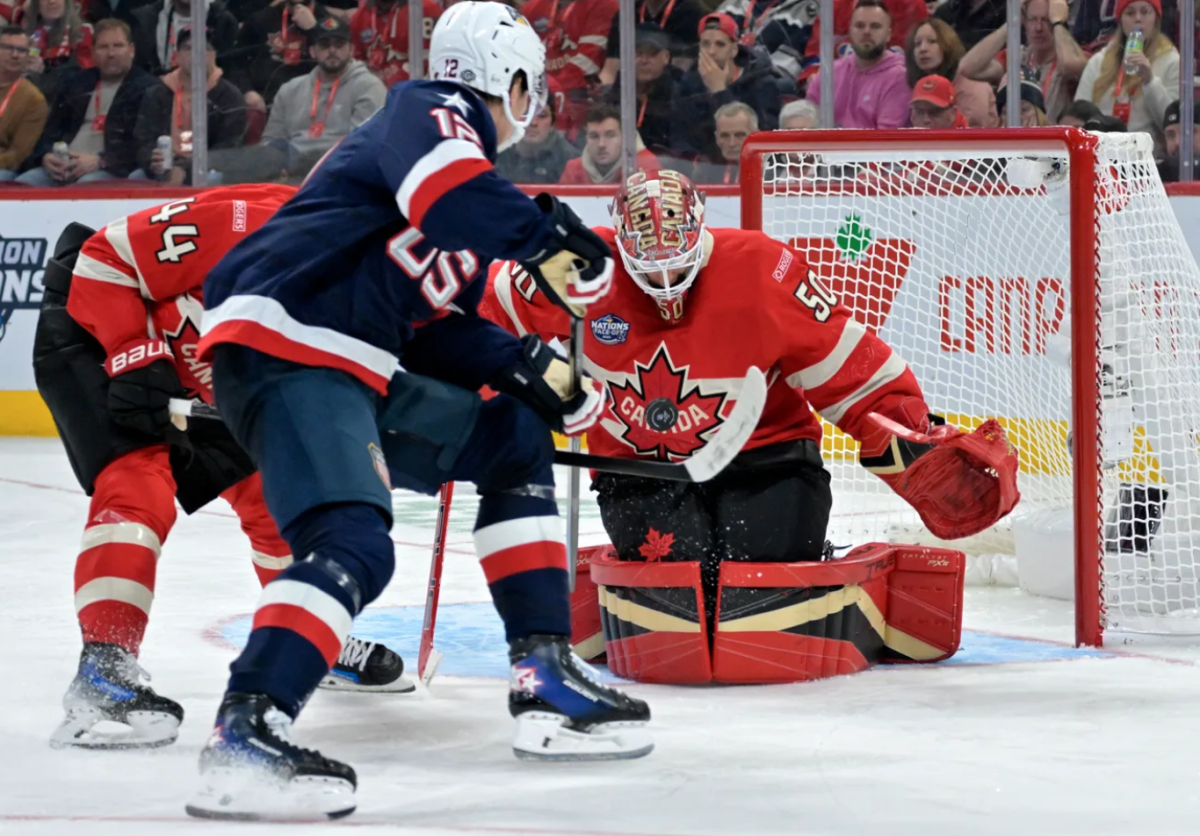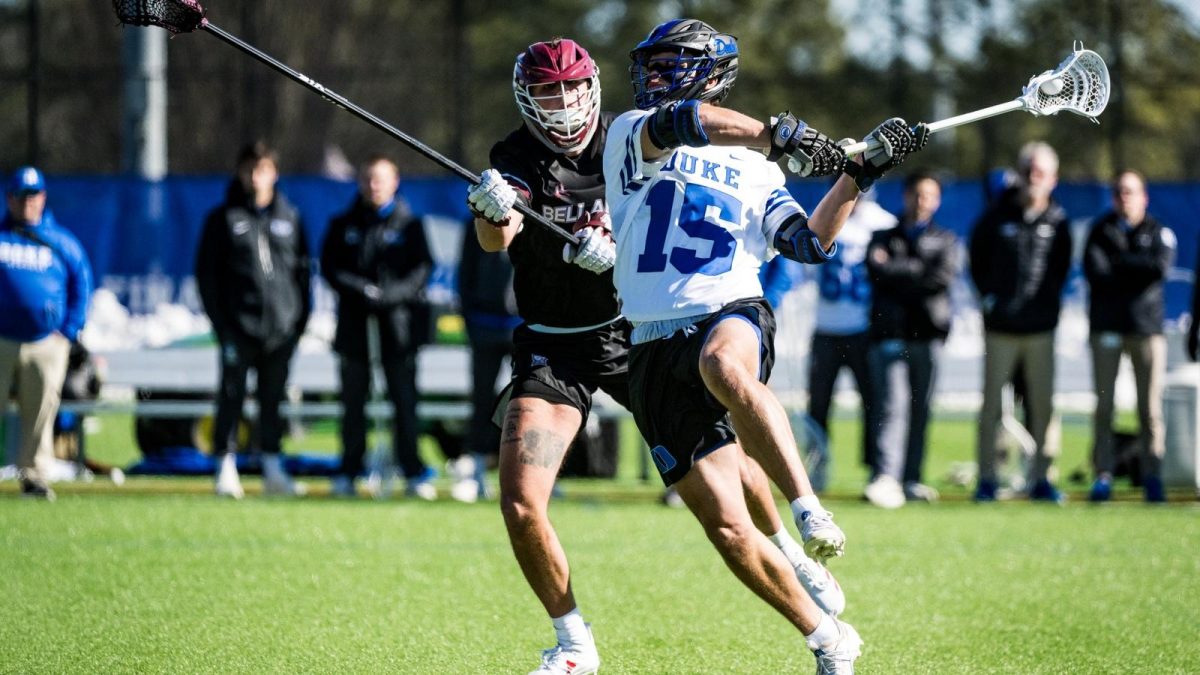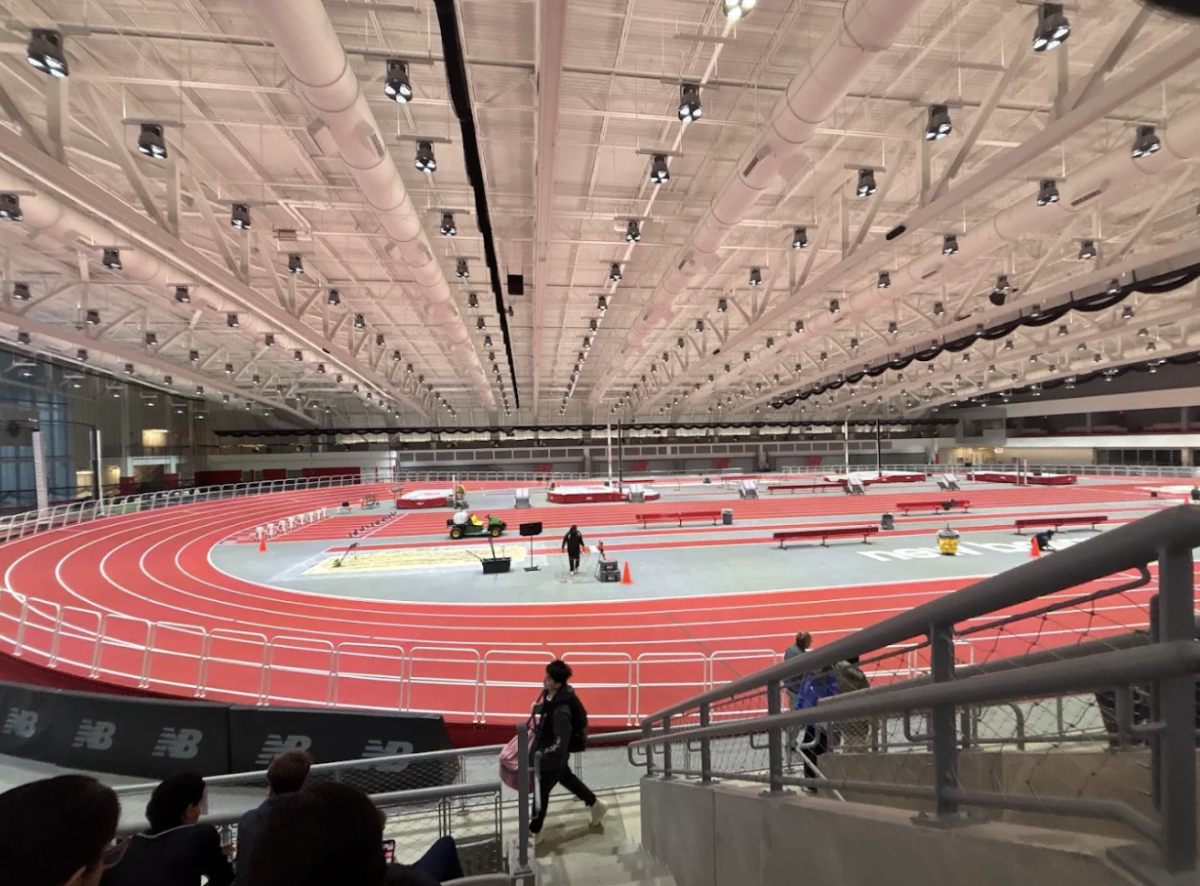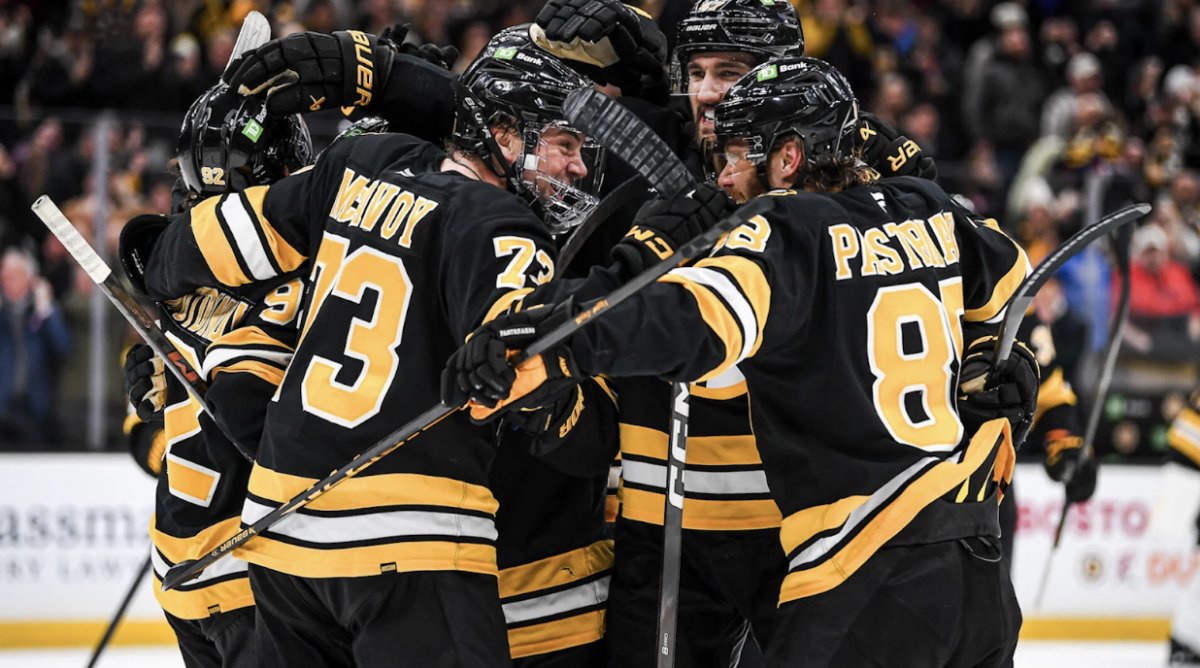In 2021, the NCAA finally legalized NIL for college athletes following a lengthy debate on whether or not these athletes should be paid. Legalizing NIL means players can make money off of their name, image, and likeness. This means collegiate athletes are able to make money off of jersey sales, sponsorships, and can be paid by the program itself. After taking effect for the last three seasons college football has taken a turn in competitiveness, which some fans seem to enjoy, while others have developed concerns.
Pros:
One of the main arguments regarding the benefits of NIL is that these athletes are working full time jobs. On top of their education, students spend hours each day preparing for games and keeping themselves healthy. Oftentimes at the end of the week players will often have to travel across the country for games. The student athletes are spending time playing football which brings in money for the schools athletic program. This is a full time job that players deserve to be compensated for depending on how they contribute to bringing in money. The other main argument is that NIL is leveling the playing field in college football. This year, the college football championship game is between Ohio St. and Notre Dame. This is the first year where the SEC, which is historically known as the best football conference, does not have a team representing them in the national championship. This is due to the fact that schools only have so much money to pay players. This means that all the best players cannot be at one place, but instead will be going to a school that will pay them. This has led to teams like Arizona St. and Indiana succeeding this year. Sophomore Cole Palek has stated his support saying, “College football has been much more fun to watch this year. NIL has made it so every game feels competitive.”
Cons:
Despite the advantages of NIL, there has been backlash against paying these players. One argument is that these athletes are already being compensated for their work through an athletic scholarship. The issue with this was that an athlete who is the best player in the country and who brings in large amounts of revenue for the program was compensated the same amount as athletes who never even stepped foot on the field. Hingham High School student Andrew Sullivan, shares his thoughts saying, “Seeing a guy like Lamar Jackson, making the same as someone that does play in real games just never felt right. I’m glad they made the change.” Another argument is that the addition of NIL only evens the playing field between power four conference teams, while creating a larger gap between smaller and bigger schools. An example of this is with former Tulane quarterback Darian Mensah. Mensah put together a very successful season with the Green Wave, but immediately after the season concluded, received a 2.7 million dollar offer to transfer to Duke. The issue with this is that Tulane does not have enough money to have had a chance to compete with Duke. This creates a larger disparity between schools outside the power four and schools within.
